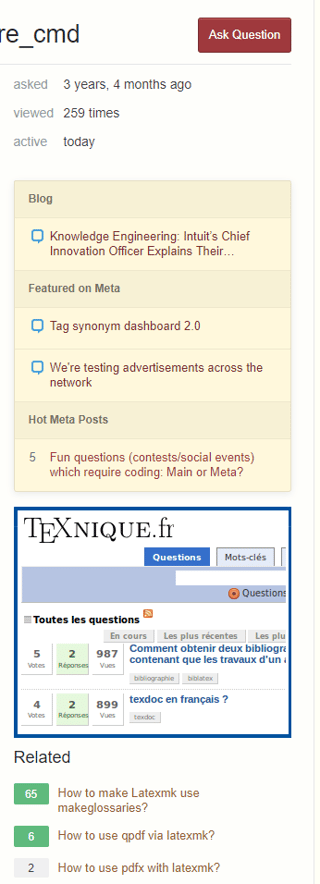As a point for historic reference, you may want to consider the Spanish Fork, when the Spanish-language Wikipedia contributors left for a forked version of the project when Wikipedia announced it would consider running ads. It is why Wikipedia still does not run ads, puts more focus on its nonprofit status, and has so much focus on fundraising by donations instead.
(Searching for stories to link to for more information, I found this one and vaugely recall that the story might also be in this chapter of a book that is not handy for me at present.)
Even if a sufficiently critical mass of regular contributors to SE got so upset by ads that they chose to fork and leave, such a group would still face challenges of funding server bills, development costs, non-community moderation (DMCA etc.), and face an uphill battle for visibility. However, such a community might choose to manage the finances with greater transparency and orientation towards the good of the community instead of optimizing for shareholder value. The existing SE could get closer to that if it chose to do so.
It seems that lately, we've seen an increasing level of the SE team getting away from user-centered design and listening to the community (just one example here), and this ads initiative with all its flaws and lack of basic considerations (esp. around site appropriateness!) is the latest in that pattern.
As part of this "experiment," we the community members have repeatedly heard false assurances about what will and won't be allowed. For example, in a blog post about earlier ads on SO, Sr. Ad Ops Manager Steve Feldman stated (emphasis original):
We entered into an agreement with Stack Overflow users long ago that we wouldn’t subject them to low-quality ads. ...anything that doesn’t speak specifically to the Stack Overflow audience is not permitted. We also don’t accept rich media like animated ads, expandable ads, or video, which are the norm for most publishers today. This strict policy means we leave money on the table, but our team wants to protect Stack Overflow from those kinds of ads, as they run the risk of alienating that established trust. ...That focus on relevance and performance arrives early in the QA process. Whether it’s our sales people explaining that ads must have borders, or our campaign managers checking landing pages to ensure they adequately inform, we are thorough. ...Every single ad to appear on any of our sites is vetted by the operations team. We check copy and content on the ads as well as the landing pages.
In a report around animated ads being allowed in practice, readers learned that SE is not "thorough" and does not vet "every single ad." As explained by an ad teams member,
We do a manual check of all creatives before campaign launch. Both when we receive the ad tag, and when we launch the campaign. What typically happens when one gets through, is that an agency updates their ad tags after we've launched the campaign.
As noted following that explanation, there are automated ways to tell if something is animated or not. There are image formats that don't support animation, to which ads could be automatically restricted. If manual review of any new content is required, it's demonstrably possible and part of the system; changed content should be considered new content for this review's purposes. The same review process should apply. If an advertiser has 10 different creatives they want to test in and out, then all 10 should be reviewed and approved, with the approved hashes stored. If there is a required review step, only approved images should be allowed. Advertisers should be allowed to substitute approved images for other approved images mid-campaign as much as they want, but why even require an approval process if it's not reviewing the less appropriate content that will actually be shown?
It's clear that advertisers are circumventing review to serve up ads not appropriate for this site, including animated ads and script-running ads for browser fingerprinting (or, perhaps, whatever other malicious scripts an advertiser wants to run; trust is completely gone on this point). SE's response is to not turn off those ads or even restrict ads to static images, even temporarily for however many weeks (minimum/already passed) or months/years it might take to implement a more complex solution, without clarity about why the added complexity is needed.
We also apparently can't have an easy way to flag inappropriate ads, which further shows the truth behind any nice words about how SE might say it wants to listen to members of the community or fix what's broken about the premature rollout of the SE-wide ads system.
Maybe there is a sense that the ongoing contributions of the community are less important than they once were as a result of SE having already built up such a large database of useful content; this site or any mirror would continue holding significant value even if all new contributions stopped tomorrow. However, I caution against getting too comfortable in that position, and driving away contributions that are still core to the long-term success of SE's business model.







